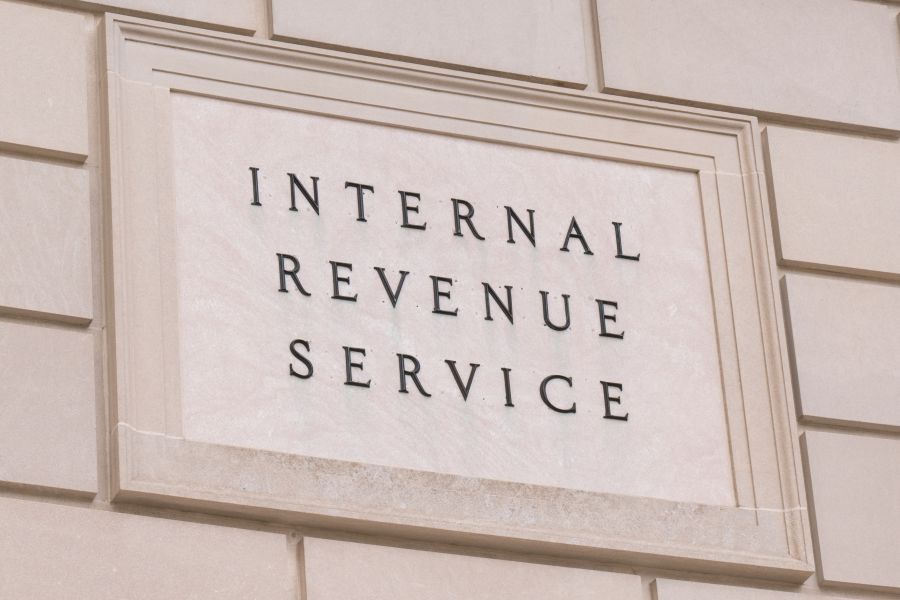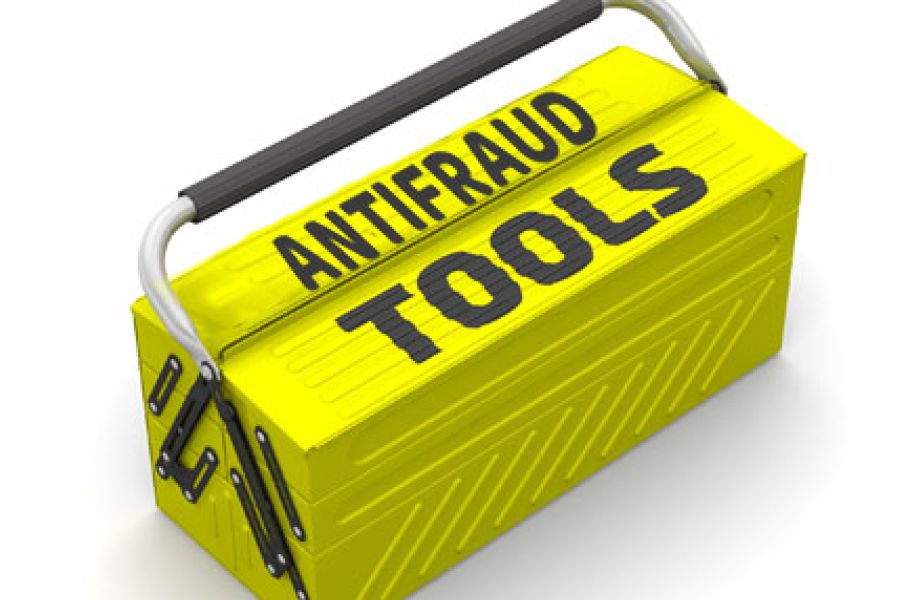In most companies, employees need a user identity to access work-related hardware and software. Privileges to use certain applications or open certain files usually are provided to workers based on their department, role and level of authority. Over their tenure, employees might accumulate various privileges they no longer need. For example, someone who once worked in accounting might retain the ability to make journal entries even after transferring to the legal department. Unfortunately, dishonest employees could use their privileges for nefarious purposes. Best practices Privileged users sometimes use their access to perpetrate fraud, intellectual property theft or sabotage. And they don’t always act alone. Third parties, such as competitors, could try to recruit privileged users to steal trade secrets. Or employees could collude with hackers to compromise...

Any form of identity theft can be costly, unsettling, and take months — sometimes years — to fully recover from and repair. But tax-related identity theft can be particularly disturbing because it involves the IRS, about which many people already harbor suspicion and anxiety. Although the IRS has taken significant steps in recent years to help minimize the occurrence of tax-related identity theft, this type of fraud continues to occur. Here’s how to avoid becoming a victim. Individuals and businesses are vulnerable If criminals use your information to file an income tax return to claim your refund, the first notification of fraud you receive may be a denial of your return. Tax returns are identified via Social Security numbers (SSNs) and the IRS won’t accept two returns...
The IRS has compiled the annual Dirty Dozen list for more than 20 years as a way of alerting taxpayers and the tax professional community about scams and schemes. The list is not a legal document or a literal listing of agency enforcement priorities. It is designed to raise awareness among a variety of audiences that may not always be aware of developments involving tax administration. #1-4 - POTENTIALLY ABUSIVE ARRANGEMENTS (Source: IR-2022-113, June 1, 2022) The potentially abusive arrangements in this series focus on four transactions that are wrongfully promoted and will likely attract additional agency compliance efforts in the future. Those four abusive transactions involve charitable remainder annuity trusts, Maltese individual retirement arrangements, foreign captive insurance, and monetized installment sales. "Taxpayers should stop and think twice before...
According to Family Enterprise USA, 87% of U.S. companies are family businesses, which are responsible for 54% of gross domestic product or $7.7 trillion. Although family businesses are an economic pillar of strength, several studies have found that they’re more vulnerable to occupational fraud than other companies. Here’s what you need to know if you run a family business. Loyalty can hamper prevention Why might family businesses be more vulnerable to fraud than other companies? For one thing, prevention efforts can be hampered by loyalty and affection. One of the biggest obstacles to fraud prevention is simply not being able to acknowledge that someone in the family would be capable of initiating or overlooking unethical or illegal activities. Like any other business, family enterprises must include a system...
Successful stock trading requires access to information — preferably publicly available information. However, some investors attempt to get a jump on the market by using insider knowledge to make buying, selling and holding decisions. Federal and state laws prohibit trading by anyone with material nonpublic information about a stock’s underlying company. And it’s illegal for holders of material nonpublic information to share it with others who then use the tips to trade. Insider trading policies aren’t required of public companies. However, having a policy can reduce your company’s risk and help insiders understand what actions might constitute a violation of securities law. 5 elements A good insider trading policy typically answers the following questions: 1. Why does the policy exist and whom does it cover? Your policy should define...
Many financial companies search for negative news, also known as “adverse media,” as part of their due diligence process for potential customers. But this type of screening isn’t only effective for banks. Any company can use adverse media to scrutinize customers, vendors and business partners. Screening these subjects can help uncover issues — such as accusations of fraud or litigation for nonpayment — that could negatively affect a business relationship. 4 steps Given the vast amount of data available online, conducting adverse media screening requires a methodical approach. Consider taking these steps: Develop a policy. To ensure that your organization’s use of adverse media screening meets your needs without creating legal risk, draft a policy governing its usage. Make sure that your legal team reviews the policy,...
Within a relatively short period, corporate environmental, social and governance (ESG) initiatives evolved from a disjointed and confusing set of goals to a more unified business imperative. This is largely because investors, employees, customers and other stakeholders have demanded it. But as companies ramp up ESG spending and require executives to meet ESG objectives, the likelihood of fraud also increases. Although the SEC has created a Climate and ESG Task Force, there’s currently little regulatory guidance related to ESG and fraud. Therefore, your business needs to be proactive. Broad range of goals When designed and managed strategically, ESG initiatives target a broad range of goals — for example, they reduce environmental impact, increase workforce diversity and require transparent accounting methods. Yet, despite your organization’s best intentions, fraud can...
What happens if two or more individuals in your organization collude to commit fraud? According to the Association of Certified Fraud Examiners’ (ACFE’s) 2022 Report to the Nations, fraud losses rise precipitously. The median loss for a scheme involving just one perpetrator is $57,000, but when two or more perpetrators are involved, the median loss skyrockets to $145,000. When three or more thieves work together, it soars to $219,000. Unfortunately, collusion schemes are common — they make up approximately 58% of all fraud incidents. So these five steps are recommended: Enforce internal controls. Colluding thieves usually either ignore internal controls or take steps to hide noncompliance. For example, a colluding manager might override controls to allow another employee to commit expense reimbursement or payroll fraud. To...
Fraud risk assessments have been shown to prevent occupational fraud and limit losses for victimized organizations. These tools have become more prevalent in recent years, according to “Occupational Fraud 2022: A Report to the Nations” published by the Association of Certified Fraud Examiners (ACFE). But although almost 50% of businesses perform fraud assessments, many owners and managers may be unaware of the value of these procedures and how the assessment process works. When and why? Fraud risk assessments generally are conducted by internal auditors, either on a standalone basis or as part of a comprehensive enterprise risk management program. You may want to conduct assessments annually or whenever there have been major organizational changes or disruptions. The COVID-19 pandemic, when many businesses closed temporarily and many employees started...
If most of your employees have worked from home since the start of the pandemic or are only gradually transitioning back to onsite work, your office may be emptier than in pre-COVID days. This can make theft easier. “Creepers” can gain access to offices or other physical facilities via unlocked doors and social engineering techniques and steal whatever they can get their hands on. They may even engage in corporate espionage and network hacking. Common schemes In a common creeper scheme, individuals pose as employees. They might enter a normally locked office by chatting with employees outside the building, then follow them through the door. If questioned, they could claim they left their badges at home. When the coast is clear, they steal purses, mobile devices and...











